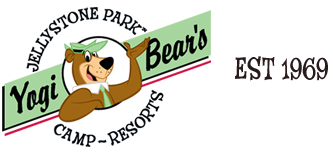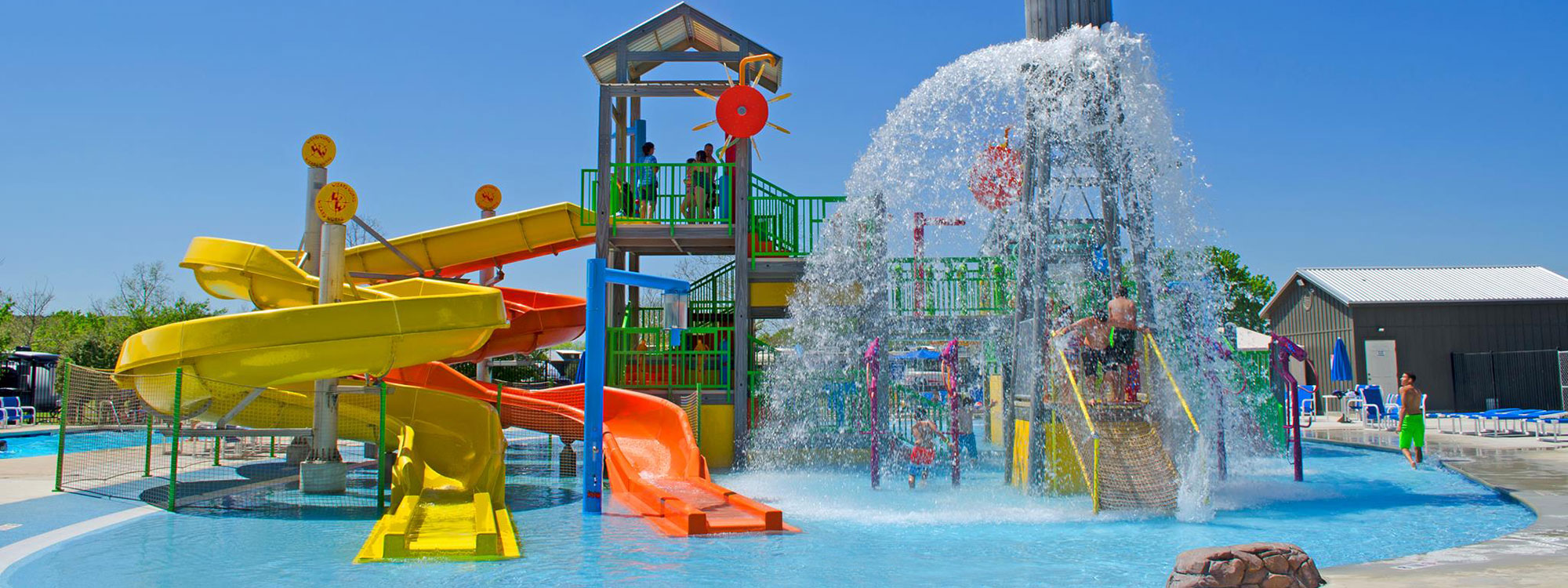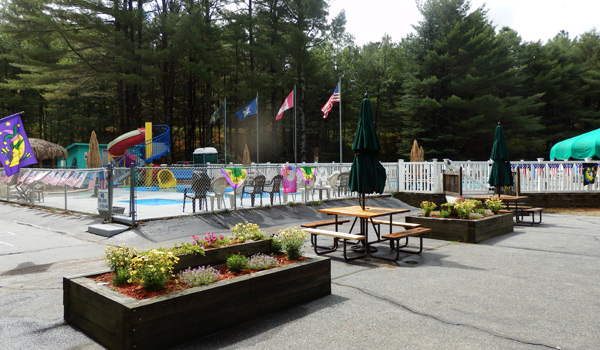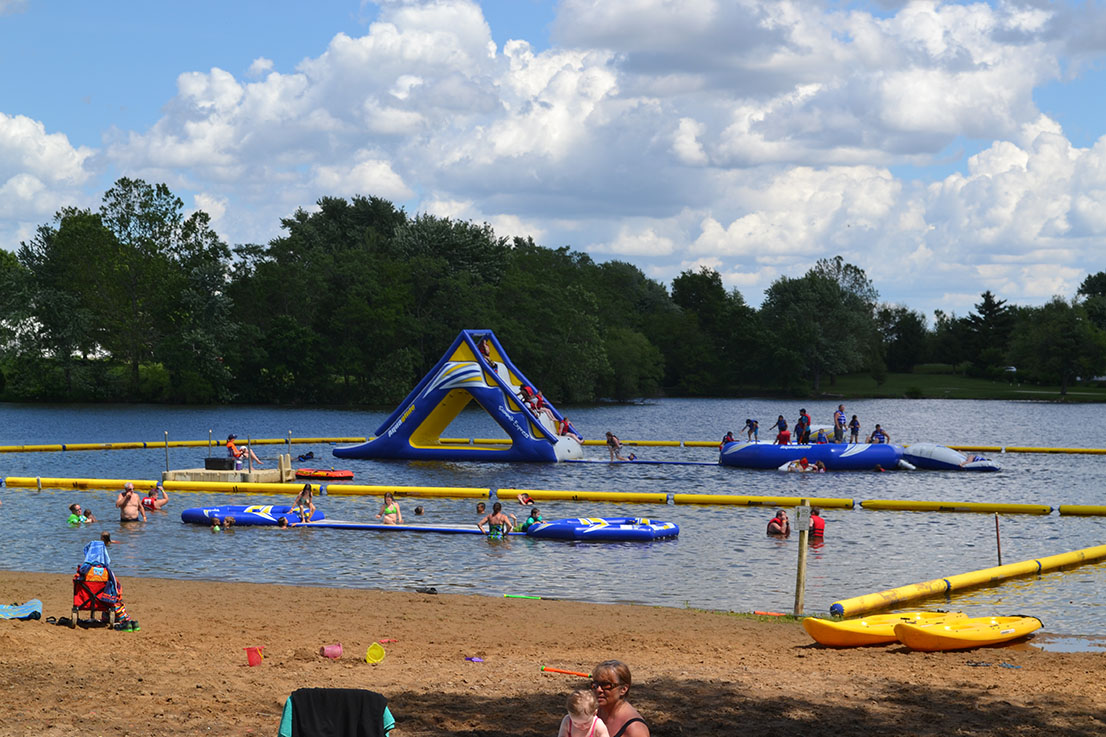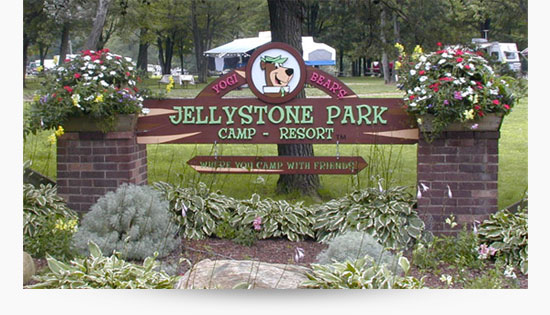When investors decide to purchase campsite franchises, they’re most likely thinking about the potential revenue stream. But as the saying goes, you have to spend money to make money. Although this type of real estate investing is ideal for those who are new to this sector, you’ll still need to think about the upfront costs associated with purchasing and running family campgrounds. In today’s post, we’ll talk about three key categories of costs to consider.
What Are the Costs Associated With Owning and Running a Campground?
- Operations: It’s not all about the upfront purchase price of campsite franchises. Just like when you buy a home, you’ll also need to think about those so-called hidden costs that are inescapable. In addition to the lease or mortgage payment, you’ll have to pay taxes on the land (and on your income), hand over money for insurance, and figure in the costs of ongoing maintenance and repairs. In addition, you will probably need some help to ensure everything runs smoothly. That means hiring employees, so you’ll need to factor in the costs of payroll, benefits, or other perks. Even if you don’t have any on-site employees, you may still incur costs from independent contractors you hire to provide valuable services. Be sure not to underestimate these costs, as cutting corners on your operations may end up jeopardizing the success of your business as a whole.
- Amenities: Campsite franchises attract lots of families due to the utilities and amenities they provide for vacations. Of course, you’ll need to consider the costs associated with water, electricity, sewer services, and HVAC in your buildings. And since one of the top three most important features for campers is access to free WiFi, you’ll also need to consider internet (and even cable) costs. While you may include this as part of the lodging fee, it’s still a service you’ll need to pay for — whether or not you’re at full capacity. If you have other conveniences and appealing features at your campground (like stores for sundries or fun activities), you’ll also need to think about the costs associated with stocking, maintaining, and running those to provide the best experiences for families.
- Marketing: Although many campground franchises already benefit from the name recognition from their house brand, that doesn’t mean you can skip out on advertising and marketing efforts. At a time when the competition is fierce and the internet is vast, you’ll need to stand out. Many public relations and marketing services may be provided as part of your package, but keep in mind that those tasks still come with a lot of monetary value and require a significant amount of time. If you plan on DIYing any of it, you’ll need to ensure you have the software, the tools, and the people to execute those strategies successfully. That means you may need to place print or web advertisements, pay for website design and optimization, or incur other costs to promote your campground to families all across the country. Don’t assume that just because you exist that people will come to stay; you’ll need to work at (and pay for) it.
These costs certainly shouldn’t keep you from buying a campground franchise. However, it’s important to keep them in mind before making any substantial investment. That way, you’ll be totally informed before you make this financial commitment and will be in a great place to get to work once you’ve officially invested. To learn more about our campsite franchises, please contact us today.
